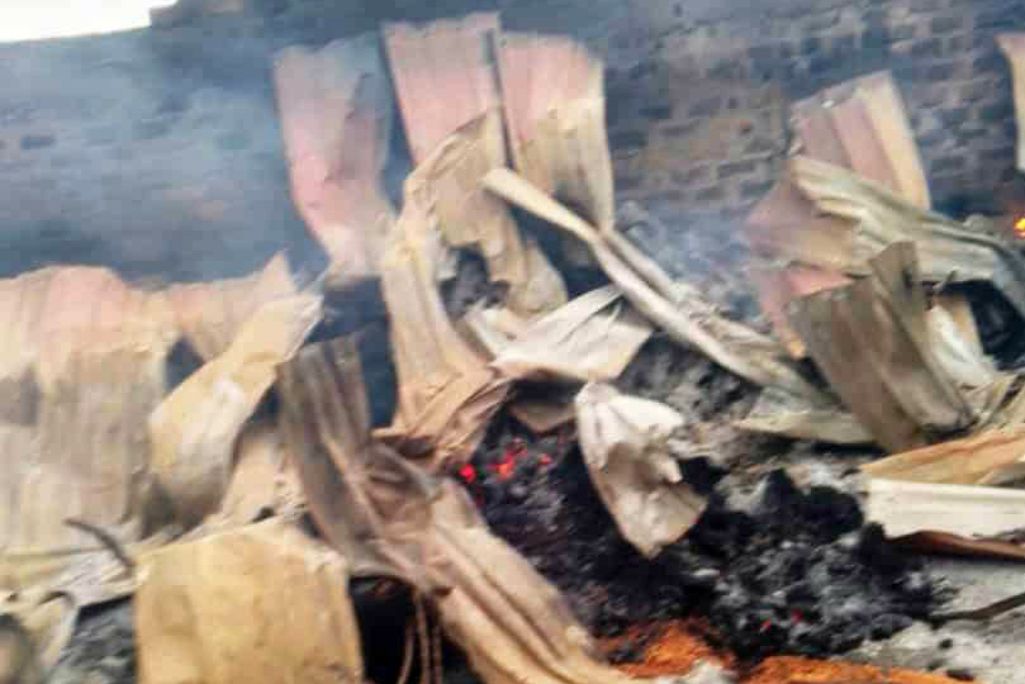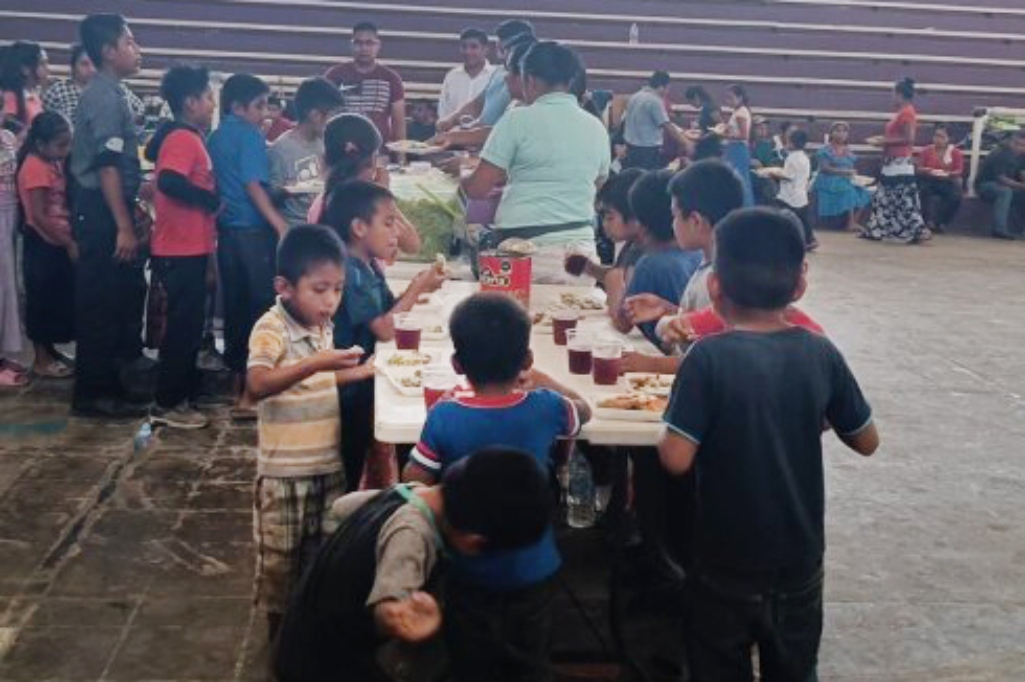
WASHINGTON (BP) — The U.S. Commission on International Religious Freedom (USCIRF) renewed its call for the U.S. State Department to flag Nigeria for egregious religious freedom violations after 200 Christians were slaughtered there in one night.
USCIRF reiterated its call with urgency June 18 that the State Department designate Nigeria a Country of Particular Concern (CPC) after militant Fulani killed 200 internally displaced Christians in Yelewata, Benue, on June 13.
“The abhorrent violence in Nigeria’s Middle Belt and the systematic, ongoing, and egregious attacks throughout Nigeria against Christians and Muslims are indications that government prevention efforts are failing and not protecting vulnerable religious communities,” USCIRF Chair Vicky Hartzler said in issuing the call. “U.S. government foreign assistance to Nigeria should efficiently and effectively support efforts to protect religious freedom.”
Consistently since 2009 the commission has asked the State Department to designate Nigeria a Country of Particular Concern for egregious, systemic and ongoing religious liberty violations, which would carry a host of U.S. sanctions against the nation, including financial restrictions.
“Further efforts are needed to reduce violence and preserve freedom of religion or belief for all Nigerians,” Commissioner Mohamed Elsanousi said in a June 18th appeal. “The U.S. government should use foreign assistance to address conflict resolution and enhance security sector training so vulnerable religious communities can be better protected.”
Wednesday’s request followed USCIRF’s plea for the same at a hearing the commission hosted in May.
Nigerians and members of the international community have long accused Nigerian law enforcement and national security of not intervening to stop militant and terrorist attacks against Christians and other civilians.
International religious freedom organization Christian Solidarity Worldwide (CSW) continues to call on the Nigerian government to address the violence, which has increased against Christian farmers in Benue and elsewhere in Nigeria.
“It’s unfortunate that Benue, once touted as the food basket of the nation, is grappling with hunger due to the inability of its people to till their farms,” said CSW CEO Yunusa Nmadu, former general secretary of the Evangelical Church Winning All in Nigeria. “I urge the (Nigerian) federal government to, as a matter of urgency, move from mere rhetoric and perfunctory condemnation to a sincere, committed, and single-minded determination to halt the killings not only in Benue but in other states across the nation, which are bleeding from the menace of armed herdsmen.”
Terrorists have killed more than 5,700 in Benue since 2011, CSW said, based on numbers collected by the Benue NGO Network, with more than 150,000 people displaced. In June alone, at least 6,500 people were displaced from the state, with the International Organization for Migration tracking 2,843 arrivals from Benue at sites for Internally Displaced Persons in just one week in February.
“The international community must recognize that the violence that (has) been unfolding in Nigeria’s Middle Belt for over a decade now bears all the hallmarks of an atrocity crime,” Scot Bower, CSW CEO for the U.K. said.
Bower urged the international community to “respond accordingly by demanding that Nigeria recalibrates its military strategy and resource its armed forces to address the national security threat posed by the Fulani militia and other armed non-state actors as a matter of utmost urgency.”
In April, more than 240 Christians were massacred in attacks on villages in Plateau and Benue states during Lent and Easter, some as they worshiped.
More Christians are killed for their faith in Nigeria than anywhere else in the world, Open Doors reports annually in its World Watch List of the 50 most difficult places for Christians to live, with 3,100 Christians killed there in 2024. Nationwide, about 62,000 Christians have been killed for their faith in Nigeria since the year 2000, according to Genocide Watch.
Attacks by radicalized Islamic ethnic Fulani militia are a main driver of violence in the Middle Belt. Fulani militants attack farming communities heavily populated by Christians, killing many hundreds, Open Doors reported, adding to attacks elsewhere in Nigeria by Jihadist groups such as Boko Haram and Islamic State in West Africa Province, among others.
Fulani are predominantly Muslim who do not hold extremist views. They comprise numerous clans totaling millions in Nigeria and across the Sahel.
(EDITOR’S NOTE — Diana Chandler is Baptist Press’ senior writer.)


